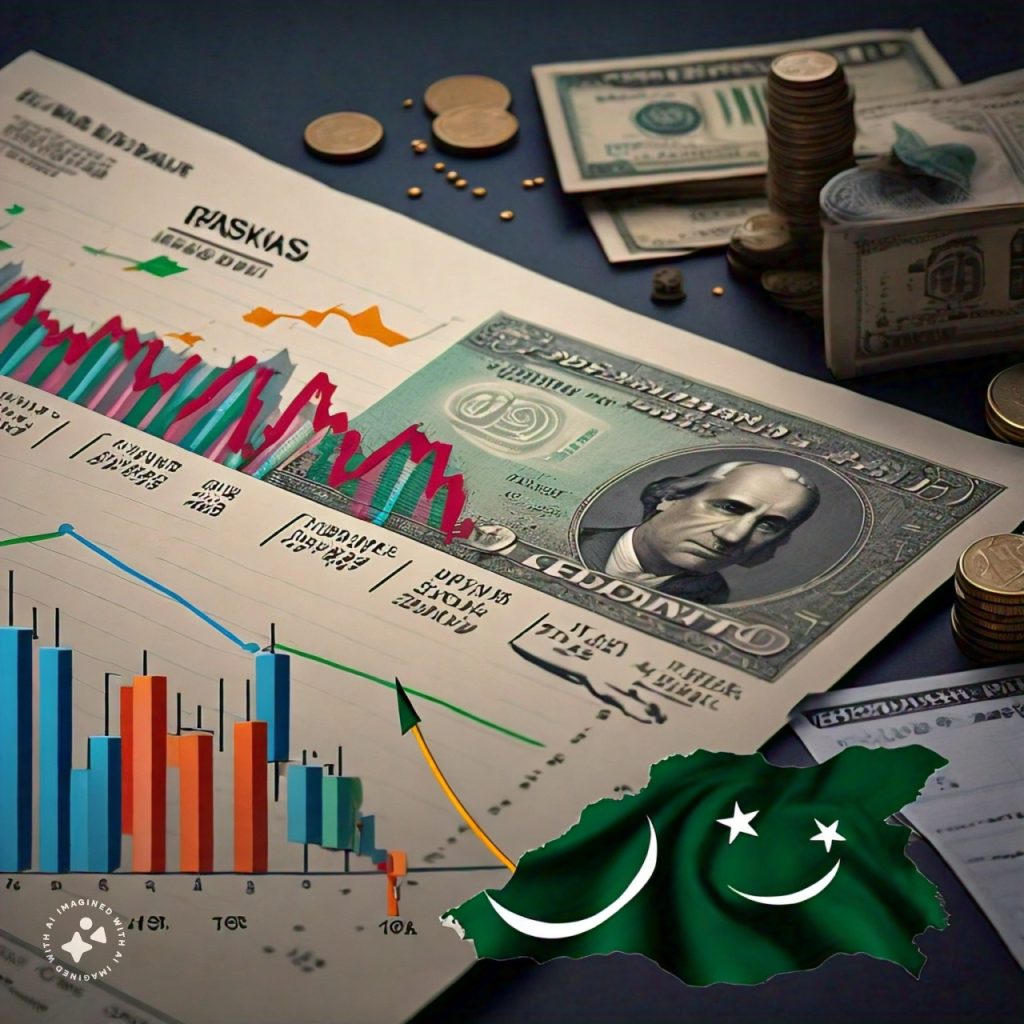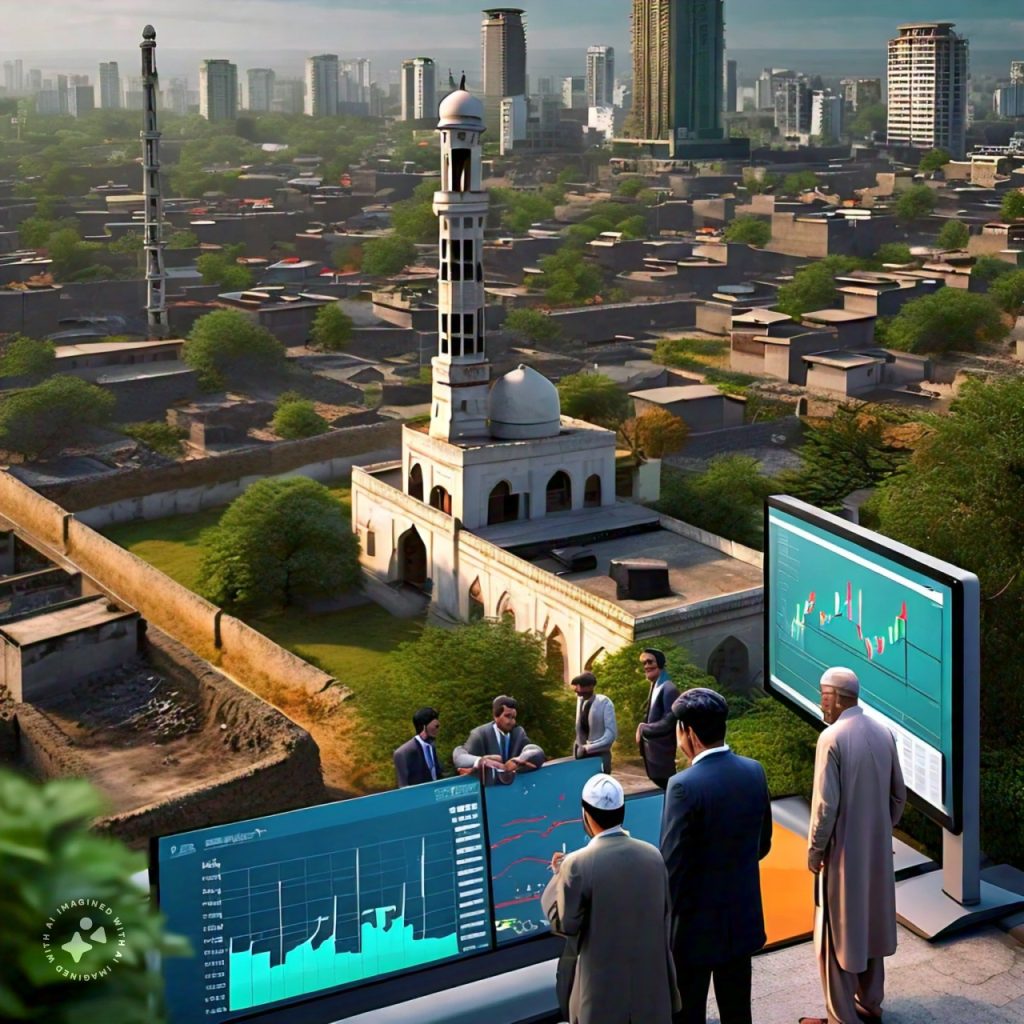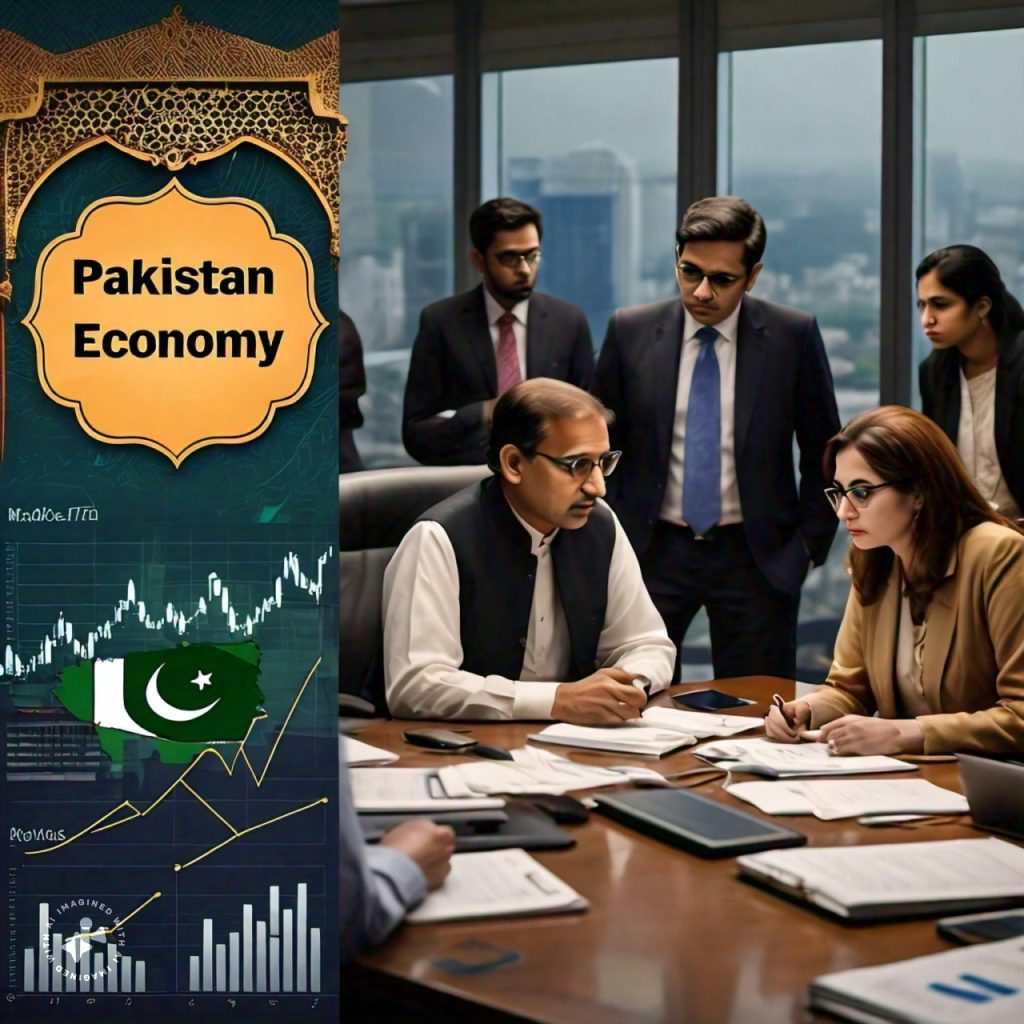Pakistan, a country with immense potential and natural resources, has been grappling with economic challenges for decades. Despite its strategic location and rich cultural heritage, the country’s economy has been plagued by various issues, hindering its progress and development. In this blog, we will delve into the major economic challenges facing Pakistan, their causes, and potential solutions.
1. Fiscal Deficit and Debt
Pakistan’s fiscal deficit, the difference between government expenditure and revenue, has been a persistent issue. The country’s fiscal deficit has been increasing over the years, leading to a significant rise in public debt. This has put a strain on the economy, limiting the government’s ability to invest in essential public services and infrastructure development.

Causes:
- Inadequate tax collection
- High defense spending
- Subsidies and losses of state-owned enterprises
2. Inflation
Inflation, a sustained increase in the general price level, has been a long-standing issue in Pakistan. High inflation rates have eroded the purchasing power of citizens, particularly affecting the low-income segment of society.
Causes:
- Monetary policy and money supply
- Supply-side constraints
- External factors such as global commodity prices
3. Currency Devaluation
The Pakistani rupee has experienced frequent devaluations, leading to a decline in its value against major currencies. This has increased the cost of imports, contributing to inflation and affecting the country’s trade balance.
Causes:
- Trade deficit
- Low foreign exchange reserves
- Political instability
4. Energy Crisis
Pakistan has been facing an energy crisis, with a significant shortage of electricity and gas. This has affected industrial production, economic growth, and the daily lives of citizens.

Causes:
- Inadequate energy infrastructure
- Low investment in the energy sector
- Circular debt in the energy sector
5. Corruption and Governance
Corruption and poor governance have been major obstacles to Pakistan’s economic progress. The country ranks low in global corruption indices, discouraging foreign investment and hindering economic development.
Causes:
- Weak institutions
- Political instability
- Lack of transparency and accountability
6. Education and Human Development
Pakistan’s education sector faces significant challenges, including low literacy rates, inadequate infrastructure, and a shortage of skilled workforce. This has limited the country’s ability to compete in the global economy.
Causes:
- Inadequate funding
- Poor education infrastructure
- Low priority given to education
7. Trade and Investment
Pakistan’s trade and investment landscape faces challenges, including a narrow export base, low foreign investment, and a significant trade deficit.
Causes:
- Inadequate trade infrastructure
- High tariffs and protectionism
- Political instability
Solutions
To address these economic challenges, Pakistan must adopt a comprehensive approach, focusing on the following solutions:
- Fiscal discipline: Implementing a robust tax collection system and reducing unnecessary expenditures to control the fiscal deficit.
- Monetary policy: Adopting a prudent monetary policy to manage inflation and stabilize the currency.
- Investment in energy: Investing in renewable energy sources and upgrading the energy infrastructure to address the energy crisis.
- Education and human development: Increasing funding for education, improving infrastructure, and promoting vocational training to develop a skilled workforce.
- Trade and investment: Enhancing trade infrastructure, reducing tariffs, and promoting foreign investment to boost economic growth.
- Governance and corruption: Strengthening institutions, promoting transparency, and ensuring accountability to combat corruption.
Conclusion
Pakistan’s economic challenges are complex and multifaceted, requiring a comprehensive approach to address them. By understanding the causes of these challenges and implementing effective solutions, Pakistan can overcome its economic hurdles and achieve sustainable economic growth and development. The country has immense potential, and with the right policies and actions, it can become a prosperous and stable nation.


